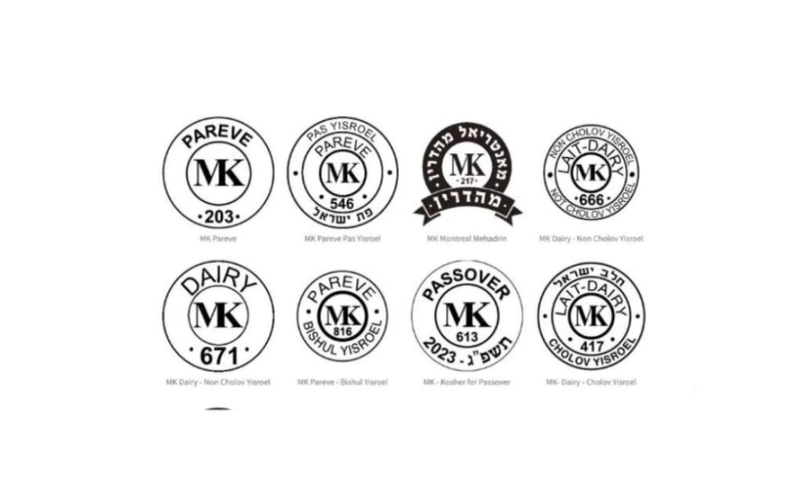In recent years, there has been a significant rise in the number of individuals embracing vegan and vegetarian lifestyles. Simultaneously, there is a growing demand for food products that meet specific dietary requirements while also adhering to religious guidelines. For those who follow kosher dietary laws, finding vegan or vegetarian products that are also kosher certified can be a challenge. In this blog post, we will explore the intersection of kosher certification and vegan/vegetarian products, and provide guidance on navigating dietary preferences to meet both kosher and plant-based needs.
- Understanding Kosher Certification: Kosher certification ensures that food products meet the requirements outlined in Jewish dietary laws, known as kashrut. While the focus of kosher certification is primarily on the sourcing, preparation, and handling of animal-derived ingredients, it also extends to various aspects of food production, including equipment, facilities, and processing methods.
- Kosher Vegan/Vegetarian Labels: To cater to the increasing demand for kosher vegan and vegetarian products, kosher certification agencies have developed specific labels to identify these products. A kosher vegan product contains no animal-derived ingredients, while a kosher vegetarian product may contain dairy or egg ingredients. These labels provide clarity for consumers who follow both kosher and plant-based diets, ensuring that their dietary preferences and religious observances are met.
- Ingredient Sourcing and Preparation: To obtain kosher certification for vegan/vegetarian products, businesses must ensure that all ingredients used are kosher and that there is no cross-contamination with non-kosher ingredients during production. This involves sourcing certified kosher ingredients and carefully monitoring the production processes to prevent any contact between non-kosher ingredients and equipment.
- Certifying Agencies and Labels: When looking for kosher vegan/vegetarian products, it is essential to look for reliable kosher certification agencies and their respective labels. Organizations such as the Orthodox Union (OU), MK Kosher Canada, the OK Kosher Certification, and the EarthKosher agency provide certifications for kosher vegan and vegetarian products. These labels offer assurance that the products meet the dietary requirements of both kosher and plant-based lifestyles.
- Navigating Kosher and Plant-Based Preferences: Finding products that satisfy both kosher and plant-based dietary preferences can require some research and label reading. Start by looking for the kosher vegan/vegetarian labels on packaging. Additionally, online databases and apps, such as kosher certification agency websites or dedicated kosher product directories, can be helpful resources for identifying suitable products.
- Communicating with Manufacturers: If there is uncertainty about a product’s kosher or vegan/vegetarian status, reaching out to the manufacturer directly can provide clarification. Manufacturers can provide detailed information about ingredient sourcing, production processes, and kosher certification. Many companies are responsive to consumer inquiries and are happy to provide the necessary information to ensure customer satisfaction.
Conclusion: Balancing kosher and plant-based dietary preferences can be achieved with careful consideration and attention to kosher certification for vegan/vegetarian products. By understanding the labels, researching reliable certification agencies, and communicating with manufacturers, individuals can navigate these dietary preferences successfully. As the demand for kosher vegan and vegetarian options continues to grow, more businesses are embracing this intersection, offering a wider range of products that cater to both kosher and plant-based lifestyles.
Learn more from https://mk.ca/
This article was first published at https://topclickblogs.co.za/kosher-certification-and-vegan-products-navigating-dietary-preferences/



